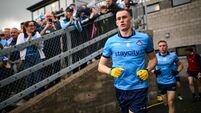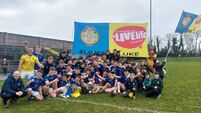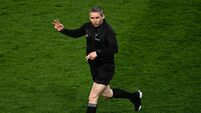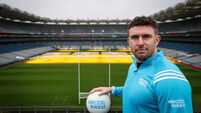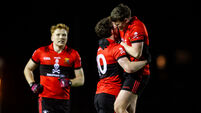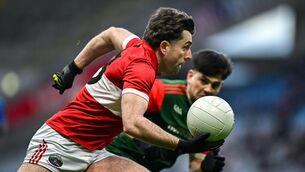Paddy Cullen: The making of the modern goalkeeper
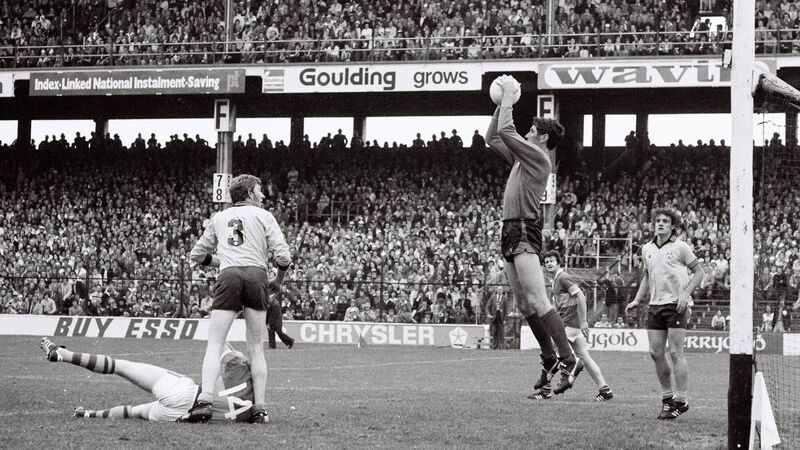
TRAILBLAZER: In the 1977 All-Ireland semi-final against Kerry, Dublin goalkeeper Paddy Cullen went short with five kickouts. Pic: Connolly Collection / SPORTSFILE
Look at the save again. 14 seconds before Liam Sammon struck that famous penalty and Paddy Cullen’s outstretched hand pointed Dublin towards a golden era, the goal was completely empty.
This was calculated. Cullen had a habit of doing this. The three-time All-Ireland winner put thought into every element of his craft. That 1974 triumph over Galway could not have happened without a delicate combination of passion and spirit and bold acumen.




